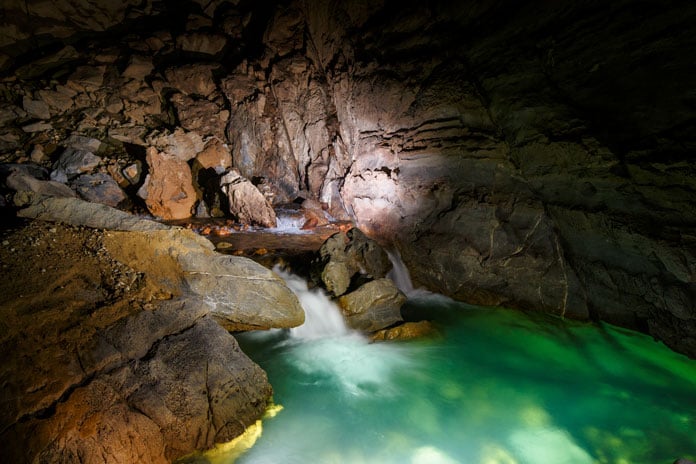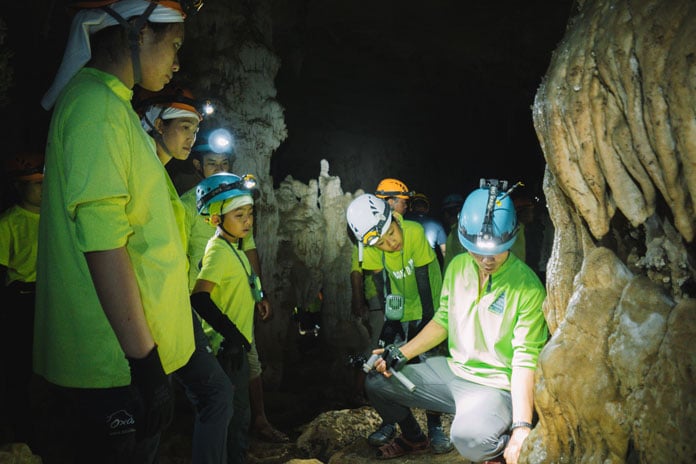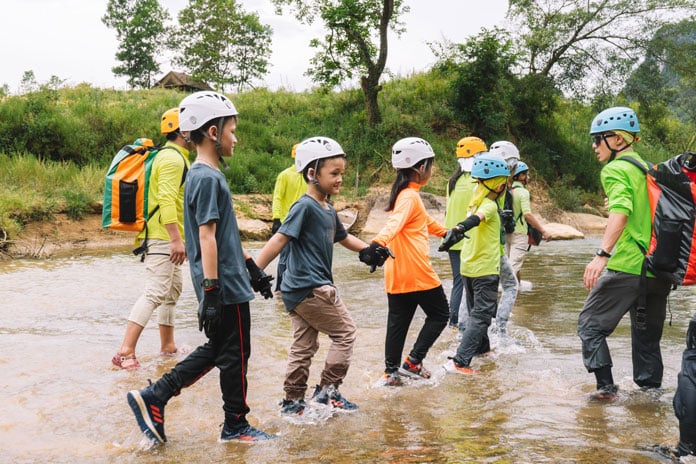How does Oxalis handle waste and debris during its cave exploration tours?
Oxalis Adventure not only focuses on providing travelers with safe, adventurous journeys but also commits to prioritizing environmental protection and nature conservation. Oxalis' exploration tours are designed for small groups and operated with regulations to minimize environmental impact.
How does Oxalis handle waste on the tours to conserve and minimize environmental impact?
Maintain hygiene while on tour
During the tours, Oxalis ensures cleanliness by providing compost toilets at camping sites and stopping points along the tour. Both tourists and staff are required to use these facilities appropriately. Especially within cave areas, where odors can linger for months, visitors and staff are reminded to use designated restroom areas. Oxalis emphasizes proper waste disposal, prohibiting littering along the trail or around camping areas. Additionally, smoking is only permitted in designated areas to avoid affecting others.
The process of handling waste generated during cave exploration tours
Oxalis' cave exploration journeys take travelers to pristine forested areas where nature remains untouched. Overnight tours camp in designated areas located in valley bottoms or within caves. Oxalis selects flat terrain close to water sources such as rivers or streams. Throughout the journey, various activities, including dining and daily living, will inevitably produce waste. If not handled properly, this waste can lead to environmental pollution, affecting the natural ecosystem and landscape.
Understanding these challenges, since its early days, Oxalis has established procedures for collecting and handling waste properly, ensuring no impact on water sources and soil. Specifically, these procedures include:
Waste collection and disposal process
All household waste at the camping site, such as paper towels, packaging, leftover food, personal items, etc., must be sorted and disposed of correctly according to Oxalis' regulations.
The types of waste will be categorized into organic waste, recyclables, and general waste. Each type of waste will be collected and disposed of according to specific regulations. Subsequently, all sorted waste will be transported out of the forest area by designated porters when the group departs.
Oxalis staff is collecting waste.
The equipment in the tour will be carried out of the forest by the porter team after the tour ends.
Organic waste will be composted in microbial compost pits outside the caves, equipped with waterproof walls and roofing to ensure dryness and rapid decomposition. The composting process will last approximately 60 days, during which the waste will decompose into microbial compost to be used as fertilizer for plants. Inorganic waste will be transported out of the forest and gathered at Oxalis' office for urban waste management companies to handle according to standardized procedures.
Wastewater during the tour
Camping sites are typically located near rivers or streams. To avoid affecting the water source, Oxalis specifies that tourists can swim, bathe, and use biodegradable shampoo and soap, refraining from using chemical products. Tourists are instructed to dispose of waste properly, avoiding littering into rivers, streams, or along the route. For camping sites far from water sources, Oxalis recommends tourists bring wet wipes to assist with personal hygiene.
The campsite is set up in a dry location and close to a water source.
Waste disposal process
Oxalis will provide mobile, self-contained composting toilets at the Campsites. To understand the model, structure, and usage, you can learn more about the Oxalis composting toilet.
Composting Toilets: An eco-friendly and sustainable alternative.
After the tour concludes and tourists leave the campsite, all waste will be taken by porters to centralized composting pits located outside the forest for composting. The composting area is elevated with a roof to avoid being affected by rainwater or flooding. Dry straw will help neutralize odors and dry the waste. The waste pits will also be inoculated with microbial compost to stimulate beneficial bacteria activity, speeding up the process of forming organic fertilizer. The waste will decompose into nutrient-rich organic fertilizer for the soil in about two months. This is currently the most environmentally friendly toilet model, as it doesn't pollute groundwater sources and doesn't create unpleasant odors in the surrounding area.
If you need to use the restroom while trekking, please inform the guide to be directed to a safe, private, and far-from-water location. However, Oxalis emphasizes that tourists must never litter toilet paper (we will provide trash bags before departure). For feminine hygiene products, please pack them in separate bags and dispose of them in the trash bins at the campsite.
Oxalis is committed to protecting the forest environment by implementing effective waste management procedures and raising awareness about environmental protection among staff and tourists. As a result, the eco-tourism routes operated by Oxalis Adventure over the years have maintained their pristine and environmentally safe nature.
The Oxalis Experience.
Whether you prefer long treks, camping in a cave, sleeping under the stars in the jungle, swimming underground in river caves, explore the huge dry caves or just taking an exploratory day trip, Oxalis Adventure Tours can provide the right amount of adventure just for you.



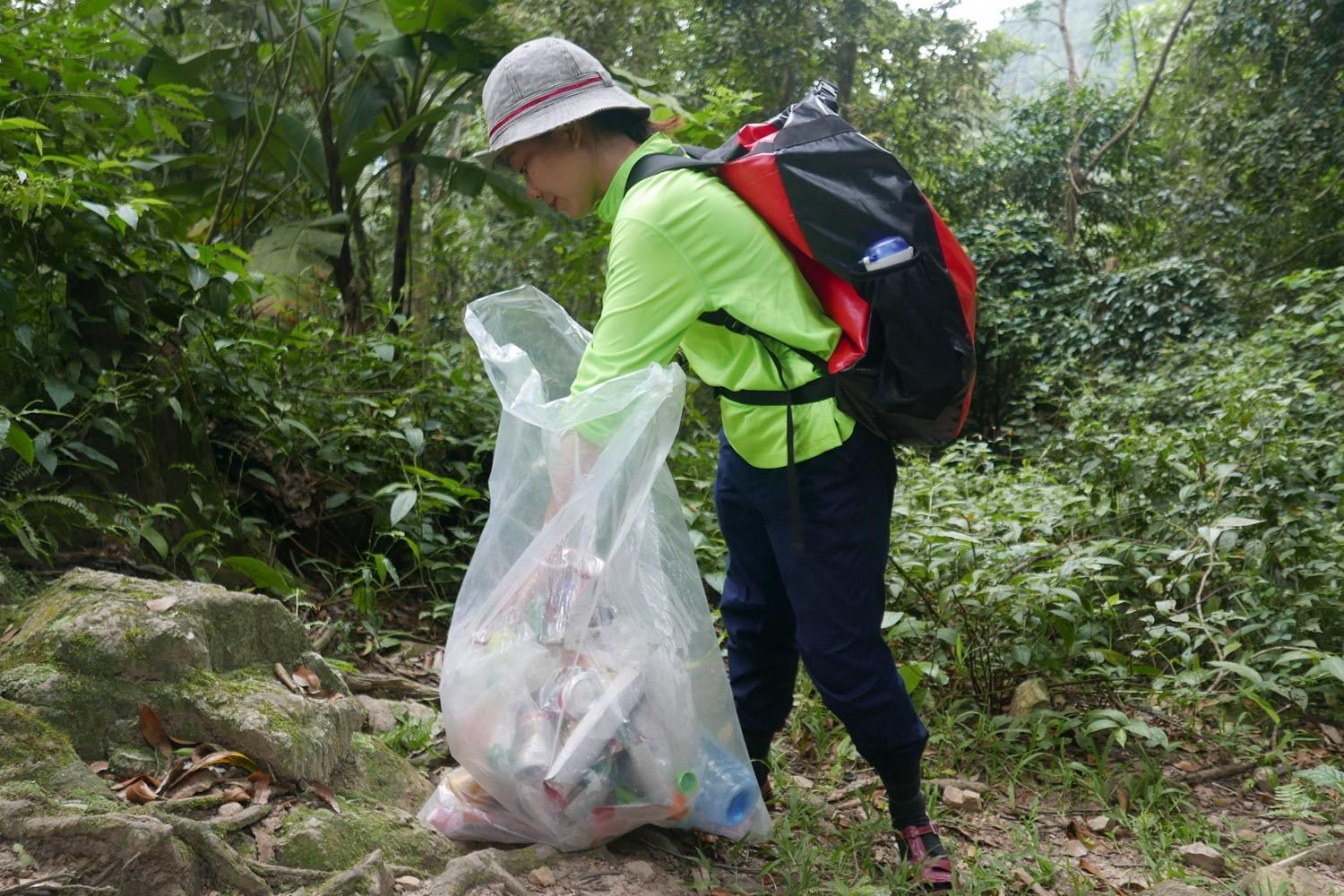
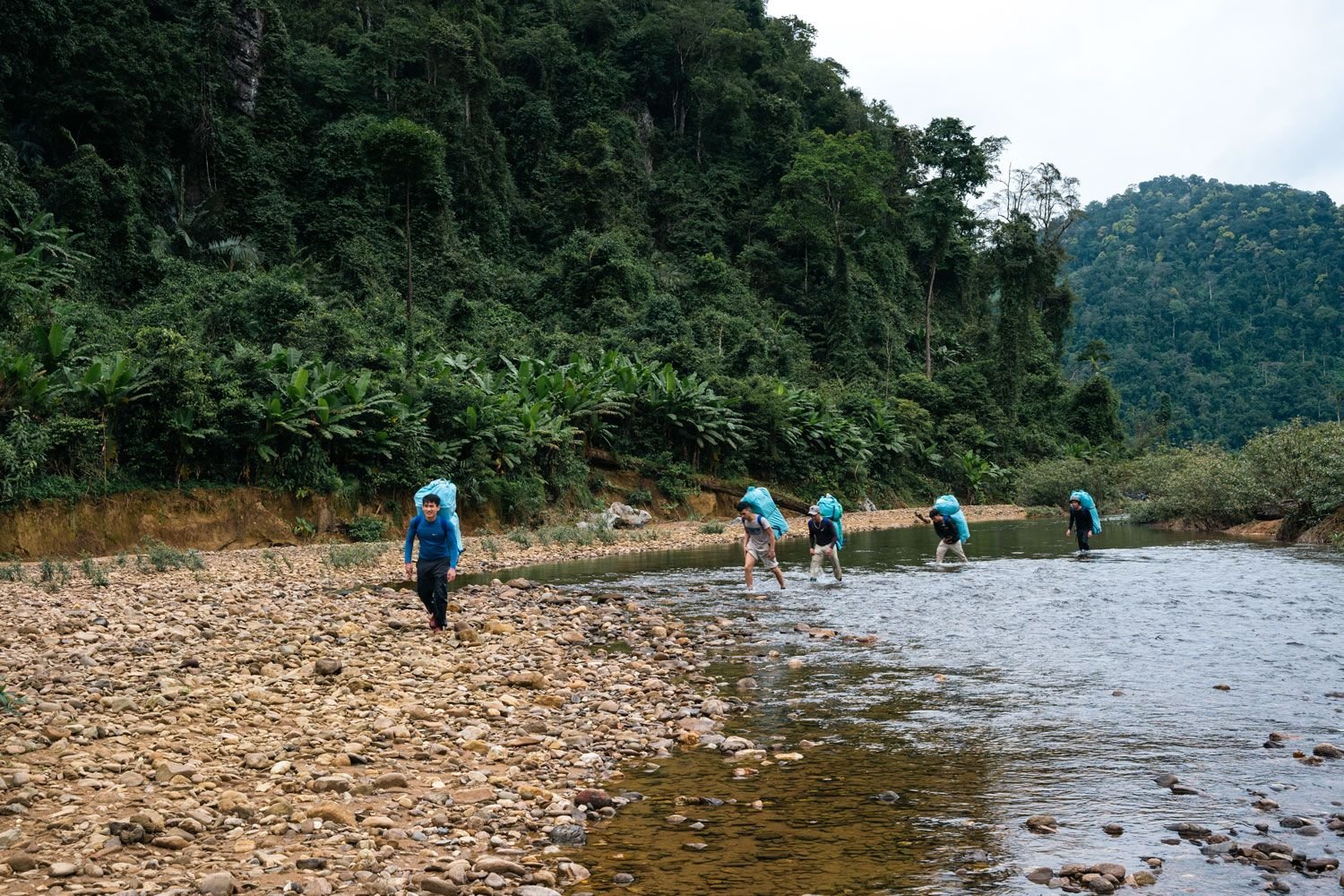
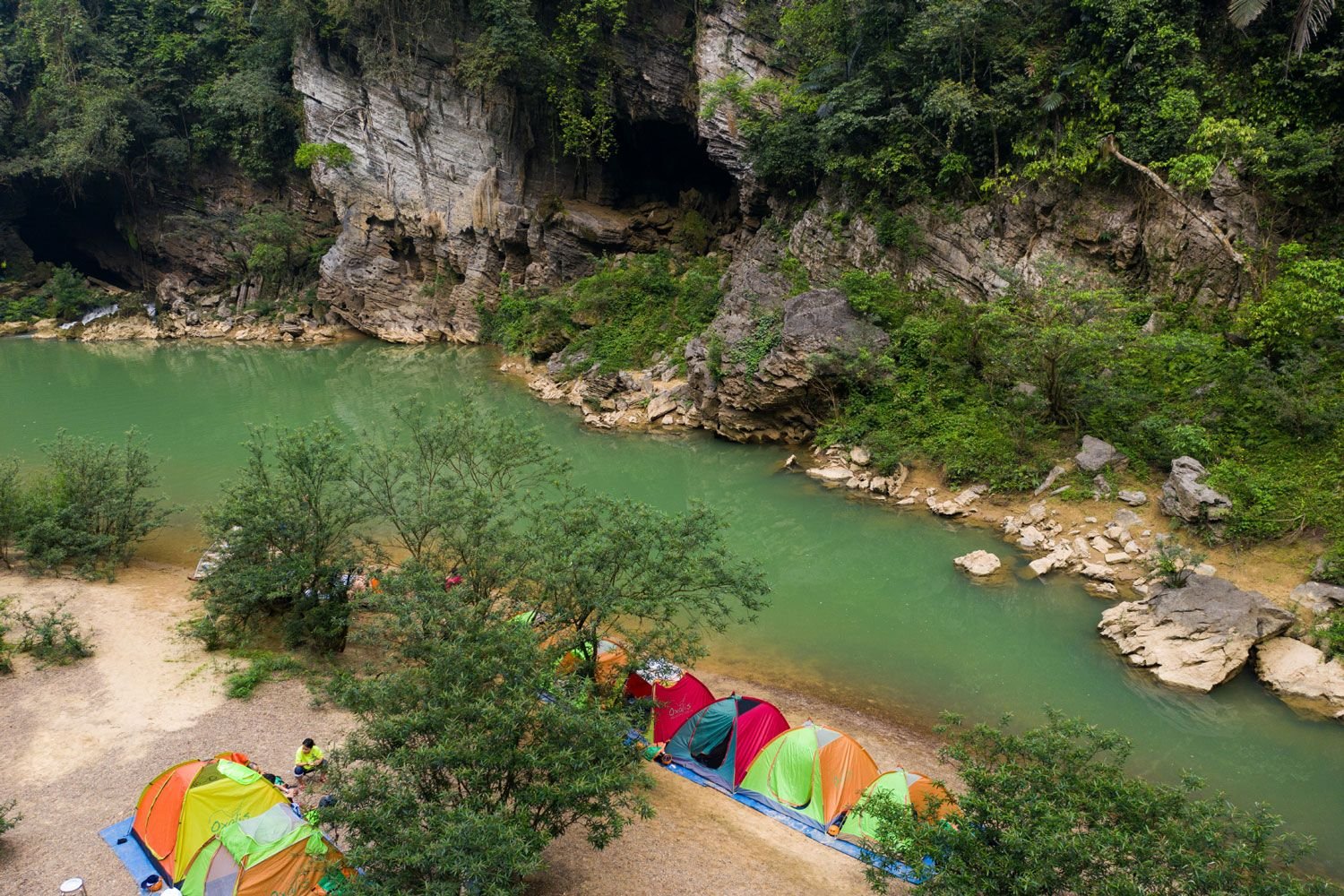
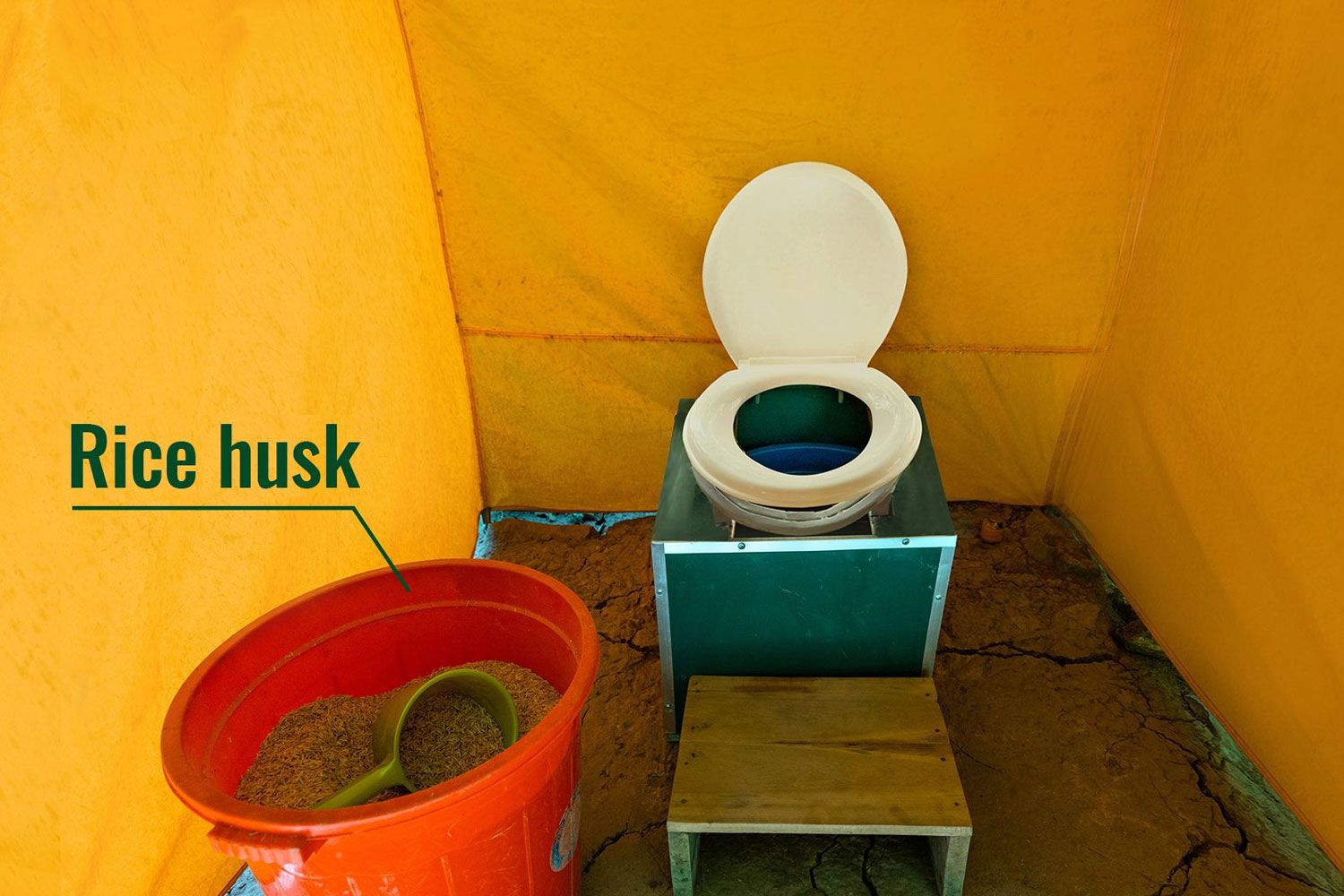
__637051765075307793.jpg)
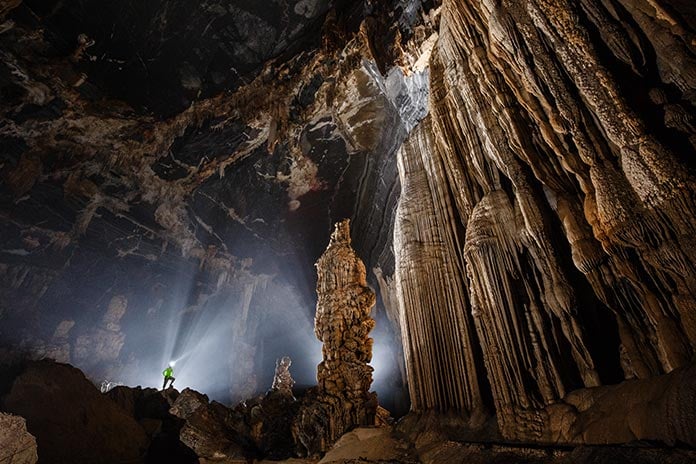
__637051782550081035.jpg)
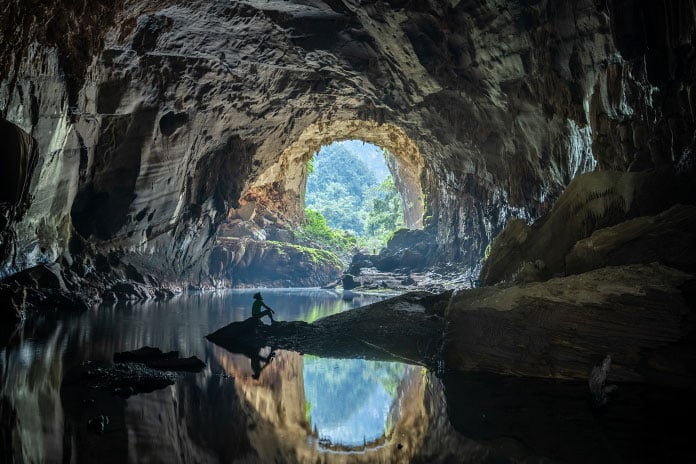
__637051777074859032.jpg)
__637051780703588520.jpg)
__637051781488596056.jpg)
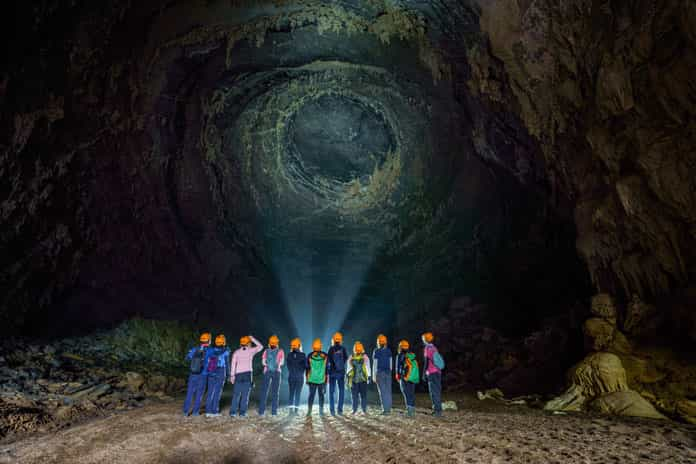
__637051767008903435.jpg)
__637051774329206026.jpg)
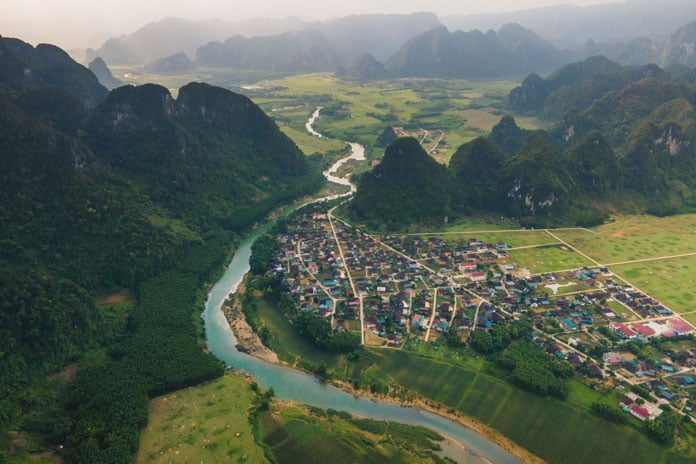
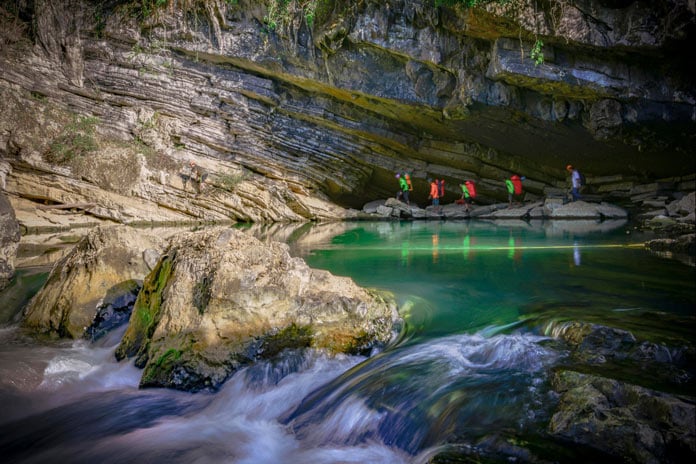
__637740499994967442.jpg)
